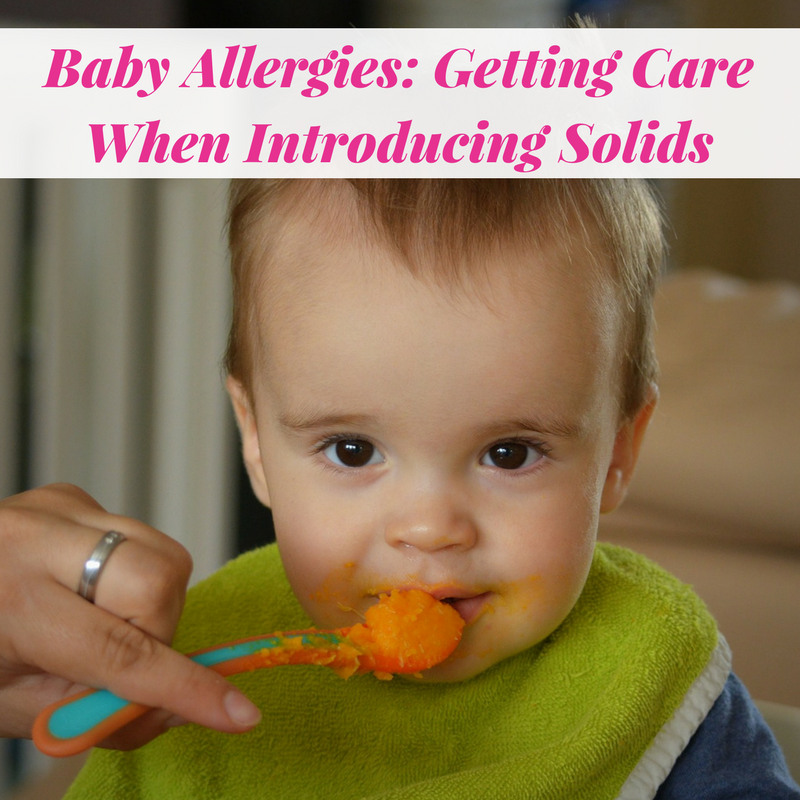Allergies are our bodies’ hypersensitive response after exposure to supposedly harmless substances. The body’s immune system is the body’s protective system, programmed to fight viruses, bacteria or any infectious agent. Unfortunately, sometimes our immune system reacts to these harmless agents, triggering the body to try to fight back. When a substance causes an allergic reaction, it is called an allergen. Some of the more common reactions affect the skin, digestion, and respiratory. The severity of allergic reactions is different for each person. Some can handle exposure to allergens by taking antihistamines while others are strictly prohibited because it can threaten their life. Either way, allergies are not to be taken lightly. There are common allergens we should be aware of to help us prevent any sudden reactions. There are also tests to find out or to confirm if we are allergic to something. However, knowing symptoms of allergic reactions will help us be more cautious, especially with our babies.

What allergy symptoms should we keep in mind?
Allergy symptoms usually show soon after exposure to the allergen. It could show within the first few minutes to a couple of hours. The same goes for food allergy. If you are introducing a new food, keep an eye out for these symptoms:
• Rashes or flushed skin
• Vomiting or diarrhea
• Coughing, wheezing, difficulty breathing
• Swelling of tongue, lips or face
• Hives or welts
If you notice anything unusual at all and if symptoms persist, consult your doctor. Even if it is a mild reaction, you can go to your pediatrician for further evaluation.
What are examples of highly allergenic food?
With any new food, we should always be cautious in introducing to our children. Every child is different and can react differently to anything. The following food below are known to cause problems up to 90% of the time, so be aware and be cautious.
• Milk
• Eggs
• Peanuts
• Fish
• Shellfish
• Tree nuts
• Soy
• Wheat
We should always be observant for allergic reactions to anything even if it’s not “highly allergenic.” If it is new, we should be vigilant for symptoms or unusual reactions.
When is the best time to introduce solids and highly allergenic food?
 There is a lot of confusion as to when to introduce highly allergenic food. Some will say that you can begin soon after the child can tolerate regular solids at around the 4th to 6th month. Others will say it’s best to put it off to 9 or 10th month or even after the first year. More recently, experts say that there is no reason to put off the introduction of highly allergenic food beyond 4-6 months. In fact, delaying might increase the child’s risk of allergies. As soon as the baby starts on solid food, we can introduce highly allergenic food soon after. With shellfish and peanuts, doctors still advise parents to put off until about three years. Of course, no matter if it’s allergenic or not, any new food should be introduced with care. Here are safety guidelines for parents when you start introducing solids:
There is a lot of confusion as to when to introduce highly allergenic food. Some will say that you can begin soon after the child can tolerate regular solids at around the 4th to 6th month. Others will say it’s best to put it off to 9 or 10th month or even after the first year. More recently, experts say that there is no reason to put off the introduction of highly allergenic food beyond 4-6 months. In fact, delaying might increase the child’s risk of allergies. As soon as the baby starts on solid food, we can introduce highly allergenic food soon after. With shellfish and peanuts, doctors still advise parents to put off until about three years. Of course, no matter if it’s allergenic or not, any new food should be introduced with care. Here are safety guidelines for parents when you start introducing solids:
- One-by-one. When introducing a new food, it’s important to do so on a one-by-one basis. Meaning, don’t give more than one new food at a time. Should your baby have a reaction, it’ll be easier to identify what caused it.
- Start gradually. Before introducing highly allergenic food, let your child tolerate other solids first. Then you can begin to give small amounts of highly allergenic food like eggs, fish, milk, etc. If there is no unusual reaction, you can gradually increase the amount.
- Begin at the right place and time. Make sure that your baby has his or her first taste of the new food is with you. Ideally, introduce a new food at home where you and your child can feel safe and comfortable. Also, make sure that you pick a time where you can put all your attention on the child to observe for any reaction. If your child is at a playdate, daycare or preschool, warn the adults, caregivers or teachers ahead to prevent any unwanted reactions.
- Know family history. There is no known cause of allergies but many times it is hereditary. Being aware of the family allergy history can cause us to be more cautious. If your baby has one or more older sibling with allergies, he or she has more chances of having allergies too.
- Consult physician. It’s hard not to worry and sometimes we just want to be extra sure. Consult your pediatrician for clarifications and recommendations. When you observe something unusual or if your child is showing symptoms, take it to the doctor right away.
- Know emergency numbers. Have emergency numbers ready in case of severe allergic reactions. It’s always better to be safe than sorry.
Children hitting significant milestones are an exciting time for parents. As your child grows, they learn new things, do new things and are exposed to new things. However, these milestones trigger loads of questions and concerns too. It is important to recognize the signs and symptoms of baby allergies so we can be able to respond as soon as possible.
About the Author
Sarah Morgan
Guest Blogger
Sarah Morgan is a sister, a daughter, a wife, but most especially a mother. Being a mother makes me realize that life is a great adventure. No day is always the same, which makes every day so much more exciting.


